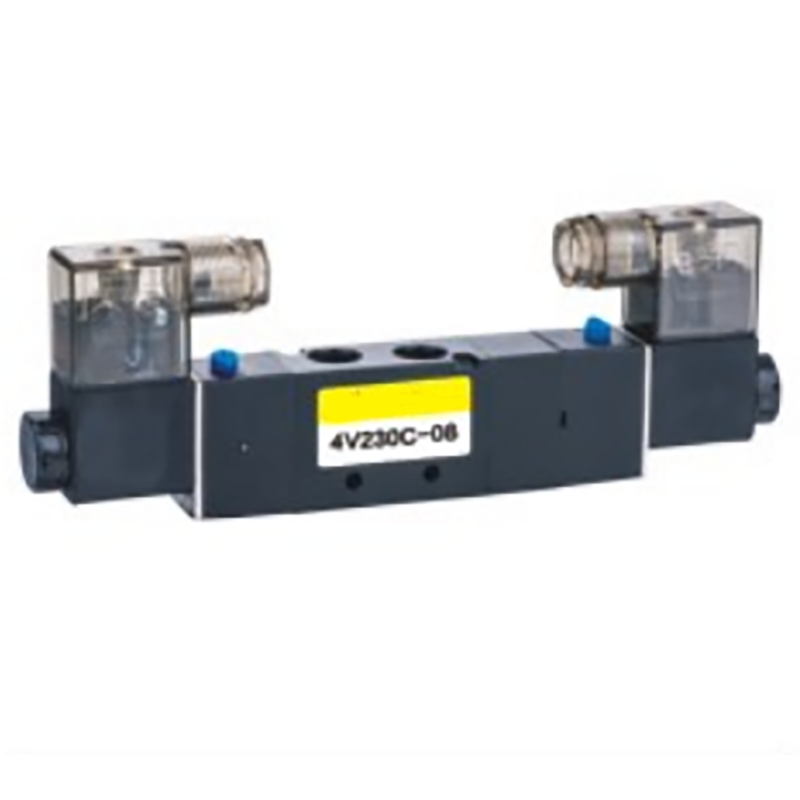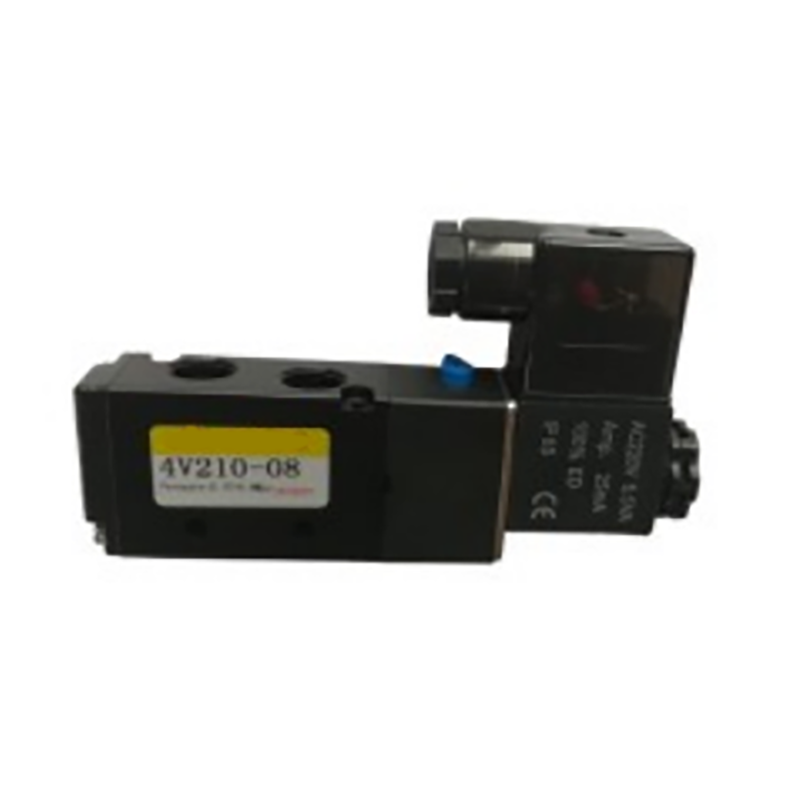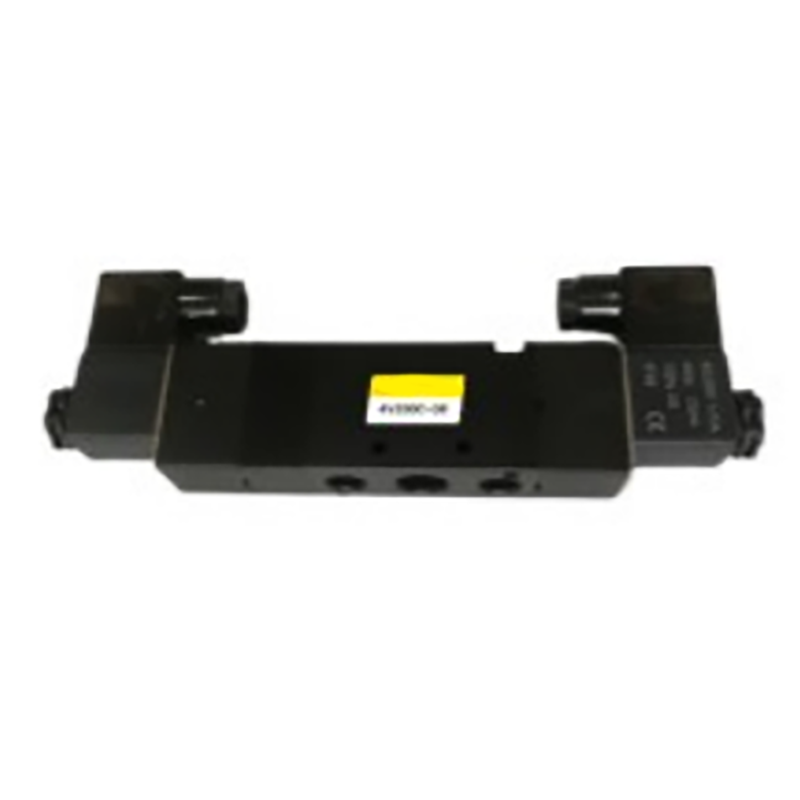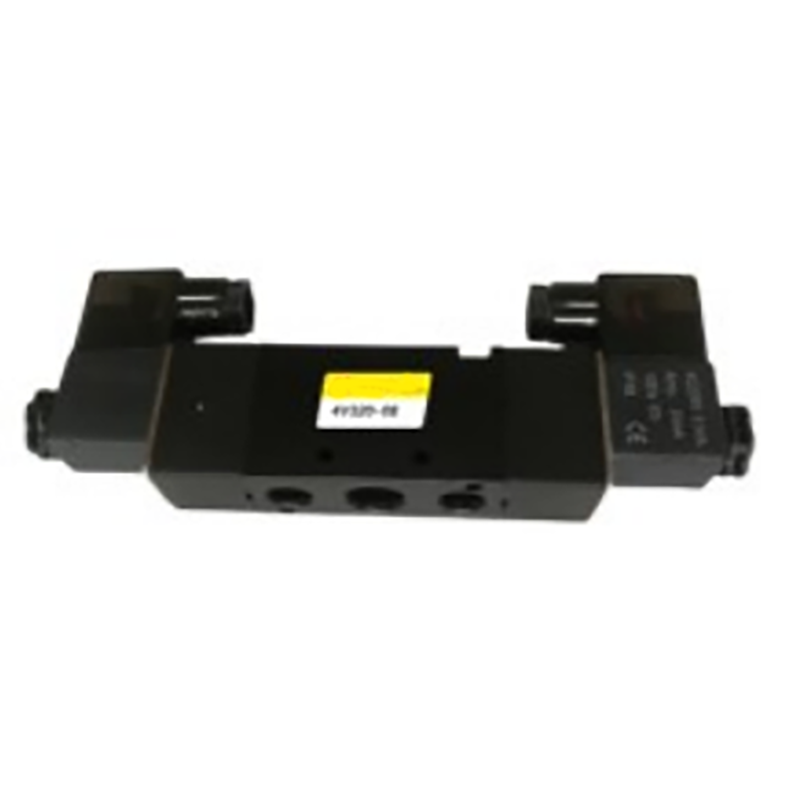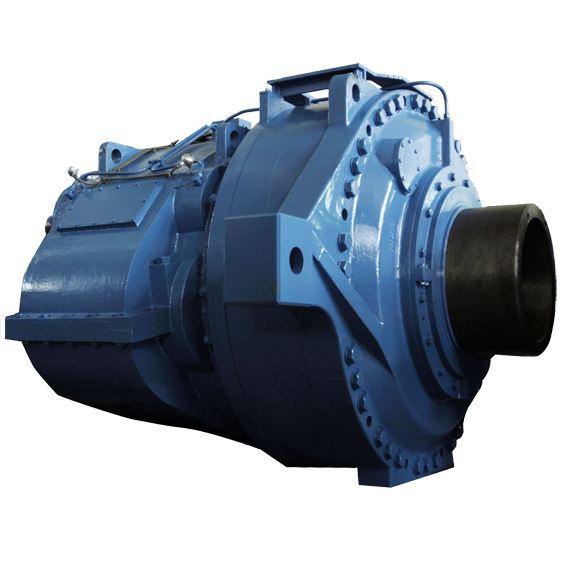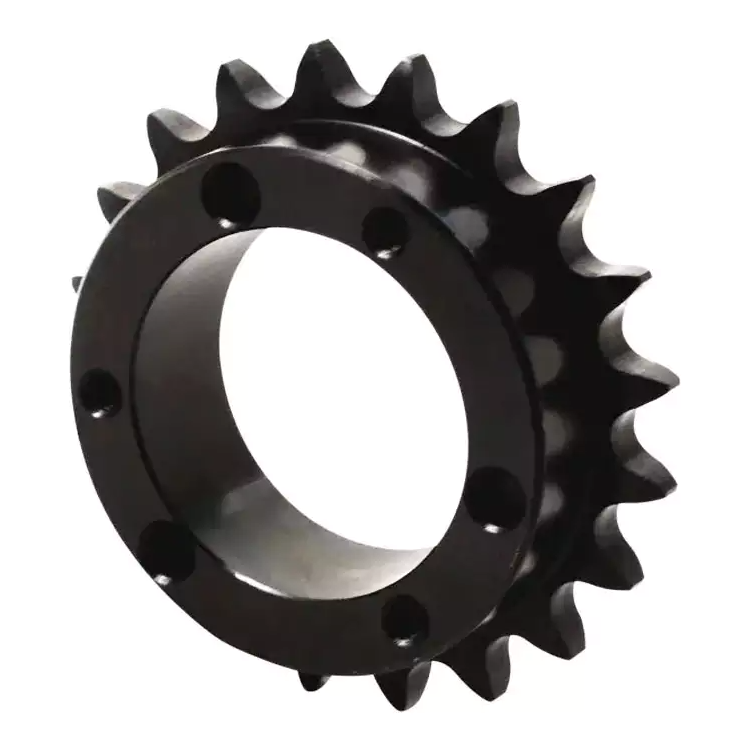Heavy Duty Shaft Collars: Ultimate Guide to Durable Shaft Securing Solutions
Heavy duty shaft collars are essential components in mechanical systems, designed to securely position parts on shafts, bear high loads, and ensure operational stability. These collars are widely used in industries such as manufacturing, automotive, aerospace, and heavy machinery due to their robustness and reliability. Unlike standard shaft collars, heavy duty variants are engineered to handle extreme conditions, including high torque, vibration, and axial loads, making them indispensable for demanding applications.
Our heavy duty shaft collars are manufactured from premium materials, including hardened steel, stainless steel, and aluminum alloys, ensuring superior strength and corrosion resistance. They feature precise machining for a tight fit, minimizing slippage and wear. Available in various types, such as one-piece, two-piece, and clamp-style collars, our products cater to diverse needs, from simple positioning to complex motion control systems.
Key benefits of using our heavy duty shaft collars include enhanced safety, reduced maintenance costs, and improved machine efficiency. By providing a firm grip on shafts, they prevent component displacement, which can lead to equipment failure or downtime. Whether you're dealing with conveyor systems, pumps, or robotics, our collars offer a dependable solution for long-term performance.
Product Parameters and Specifications
Below is a detailed overview of the parameters for our heavy duty shaft collars. These specifications are critical for selecting the right collar for your application, ensuring compatibility with shaft sizes, load capacities, and environmental conditions.
- Material Types: Hardened steel (Grade 1045 or higher), stainless steel (304 and 316 grades), aluminum alloy (6061-T6).
- Hardness: Rockwell hardness up to HRC 45 for steel collars, providing excellent wear resistance.
- Finish Options: Black oxide, zinc plating, passivation for stainless steel, and anodizing for aluminum, offering protection against rust and corrosion.
- Temperature Range: Operates effectively from -40°F to +500°F (-40°C to +260°C), suitable for extreme environments.
- Load Capacity: Axial load ratings up to 10,000 lbs (4,536 kg) and torque resistance up to 500 lb-in (56 Nm) for standard sizes.
- Installation: Easy mounting with set screws, clamp mechanisms, or combination designs; requires basic tools like hex keys or wrenches.
- Standards Compliance: Meets ISO 9001 quality standards and ANSI/ASME specifications for dimensional accuracy.
| Shaft Size (Inches) |
Outer Diameter (Inches) |
Width (Inches) |
Axial Load Capacity (Lbs) |
Material |
| 0.25 - 0.5 |
1.0 - 1.5 |
0.5 |
1,000 - 2,000 |
Steel / Aluminum |
| 0.5 - 1.0 |
1.5 - 2.0 |
0.75 |
2,000 - 5,000 |
Stainless Steel |
| 1.0 - 2.0 |
2.0 - 3.0 |
1.0 |
5,000 - 7,500 |
Hardened Steel |
| 2.0 - 4.0 |
3.0 - 5.0 |
1.5 |
7,500 - 10,000 |
Stainless Steel / Steel |
This table provides a quick reference for common sizes and capacities. For custom applications, we offer tailored solutions with specific dimensions and materials to meet unique requirements.
Frequently Asked Questions (FAQ)
What are heavy duty shaft collars used for?
Heavy duty shaft collars are used to secure components onto shafts in mechanical systems, providing precise positioning, load bearing, and motion control. They are ideal for high-stress applications like industrial machinery, automotive drives, and aerospace equipment, where standard collars might fail due to vibration or heavy loads.
How do I choose the right heavy duty shaft collar for my application?
Select based on shaft size, material compatibility, load capacity, and environmental factors. Measure the shaft diameter accurately and consider the axial and radial loads. For corrosive environments, opt for stainless steel; for high strength, choose hardened steel. Refer to our product parameters table for guidance, and consult our technical support if needed.
What is the difference between one-piece and two-piece heavy duty shaft collars?
One-piece collars are single units with set screws for installation, suitable for permanent positioning on shafts. Two-piece collars consist of halves that clamp together, allowing for easy adjustment and removal without shifting other components. Two-piece designs are better for applications requiring frequent changes or where shaft end access is limited.
Can heavy duty shaft collars handle high temperatures and harsh conditions?
Yes, our heavy duty shaft collars are designed to operate in temperatures from -40°F to +500°F and resist corrosion, moisture, and chemicals. Materials like stainless steel and specialized coatings enhance durability in harsh environments, making them suitable for outdoor, marine, or industrial settings.
How do I install and maintain heavy duty shaft collars?
Installation involves sliding the collar onto the shaft and tightening set screws or clamps with the appropriate tool (e.g., hex key). Ensure the shaft is clean and free of debris. For maintenance, periodically check for loosening due to vibration and retighten as needed. Lubrication is generally not required, but inspect for wear in high-use scenarios.
Are custom sizes and materials available for heavy duty shaft collars?
Absolutely. We offer customization options for shaft sizes outside standard ranges, unique materials, and special finishes. Provide your specifications, and our engineering team will develop collars tailored to your application, ensuring optimal performance and fit.
What industries commonly use heavy duty shaft collars?
These collars are prevalent in manufacturing, automotive, aerospace, agriculture, robotics, and energy sectors. They are used in conveyor systems, pumps, motors, and gearboxes where reliable shaft securing is critical for safety and efficiency.
How do heavy duty shaft collars compare to light-duty versions?
Heavy duty collars are built with thicker materials, higher hardness, and greater load capacities than light-duty ones. They withstand more stress, vibration, and environmental challenges, reducing the risk of failure in demanding applications. Light-duty collars are sufficient for low-load, precision tasks but not for heavy industrial use.


